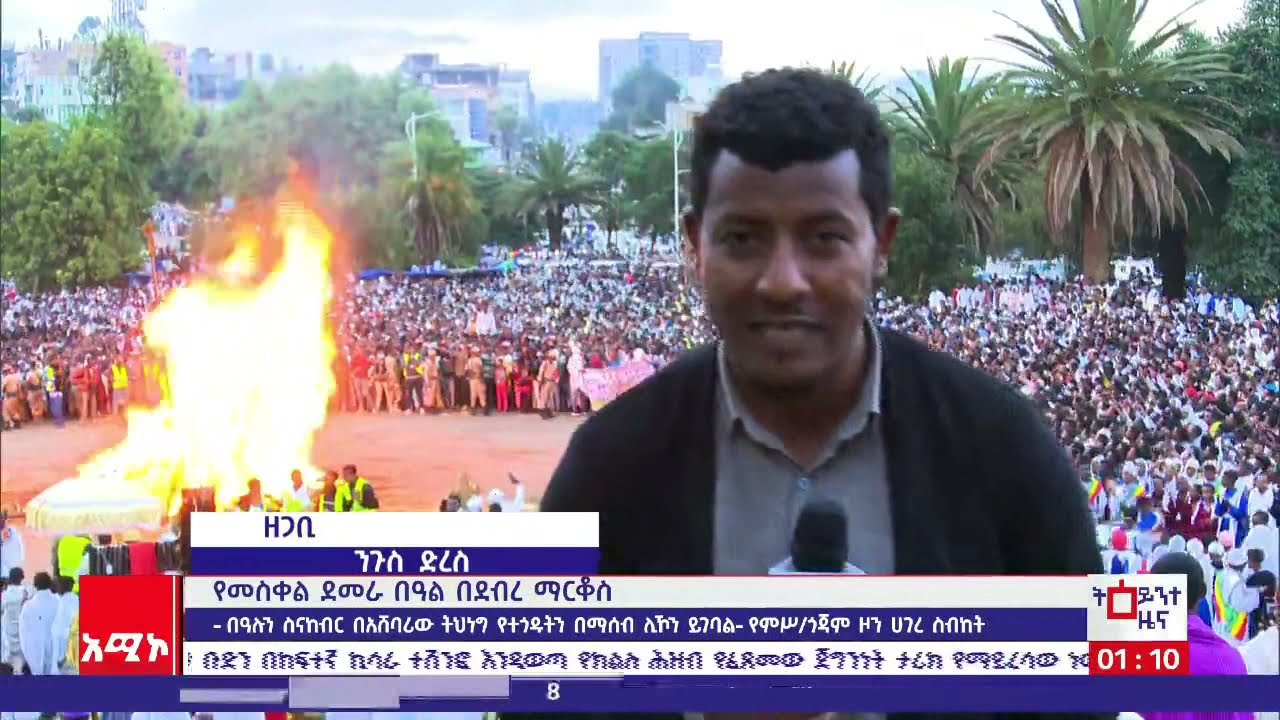Major General Teklebrhan W/Aregay (PhD)
July 31, 2024
The Tigray People’s Liberation Front (TPLF) has long wielded information as a potent tool for maintaining control. A culture of secrecy and opacity has been entrenched for decades, allowing the party elite to manipulate public opinion and evade accountability. However, the emergence of the digital age is challenging this status quo. This brief delves into the implications of this shift, examining the historical context, current trends, and potential pathways forward.
The Culture of Secrecy
The TPLF’s information hoarding strategy has been central to its governance model. By controlling the narrative, the TPLF regime has maintained a firm grip on power. This culture of secrecy was perpetuated by several factors: a pervasive public apathy characterized by the belief that leaders know best (ውድብና ትፈልጥ), fostering a culture of indifference; a climate of fear that silenced dissent, stigmatizing whistleblowers and those who questioned the status quo; and the ideological underpinning of Leninist principles, including democratic centralism and secrecy, which provided a justification for information control.
The Dawn (ዋግዋጎ) of Transparency
With a paradigm shift underway, the rise of digital technology and social media has made it increasingly difficult to suppress information. This is leading to a gradual erosion of the TPLF’s information monopoly. Increased access to information through the proliferation of media outlets and online platforms has empowered individuals to seek out information independently. Moreover, the emergence of citizen journalism has seen ordinary citizens taking a more active role in reporting and disseminating information. Despite efforts to maintain secrecy, government leaks continue to expose the inner workings of the regime. The TPLF’s internal divisions have provided a unique opening to leverage the power of information transparency and cultivate a new generation of change agents.
Challenges and Opportunities
While the trend towards transparency is encouraging, it also presents challenges. The TPLF is likely to resist this change through intimidation, disinformation, and other tactics. However, this shift also offers opportunities for positive change. Promoting transparency and open dialogue is essential for building a culture of accountability and establishing a more accountable and responsive government. Moreover, by providing access to information, citizens can become more engaged and informed participants in the political process, empowering them to hold leaders accountable. Strengthening independent media is crucial for maintaining this momentum and ensuring that those in power are held to account.
The TPLF is likely to resist this change through intimidation, disinformation, and other tactics.
The decline of information hoarding in Tigrayan politics will be a significant development with far-reaching implications. While challenges remain, the potential benefits of a more open and transparent society are immense. By embracing the power of information, Tigrayans can build a stronger, more democratic future.
Editor’s Note: The opinions expressed in the articles published on UMD Media are solely those of the individual authors and do not necessarily reflect the views or opinions of the editorial team or UMD Media as an organization. The publication of any opinion piece does not imply endorsement or agreement by UMD Media. Readers are encouraged to critically evaluate the content and form their own conclusions. Leave your comments below. Send us your thoughts and reflections to umd.media.2020 at gmail dot com.
Guidelines for contributors All contributions and comments submitted to UMD Media must adhere to the following guidelines. Respectful Language: Avoid using ethnic adjectives that generalize or portray an entire ethnic group in a negative light. Such language is harmful, divisive, and contrary to our commitment to fostering a respectful and inclusive environment. No Incitement: Content that incites hatred, violence, or discrimination against any individual or group based on ethnicity, race, religion, etc will not be tolerated. Constructive Dialogue: We encourage constructive dialogue and the sharing of diverse perspectives. However, it is essential to express opinions in a manner that respects the dignity and humanity of all individuals and groups. Moderation and Enforcement: Our editorial team reserves the right to moderate and, if necessary, remove any content that violates these guidelines. Repeat offenders may be subject to account suspension or banning. By contributing to our platform, you agree to abide by these guidelines and help us maintain a respectful and inclusive community.
Subscribe to UMD Media channel. Join UMD Media Telegram Channel: https://t.me/UMDMedia

